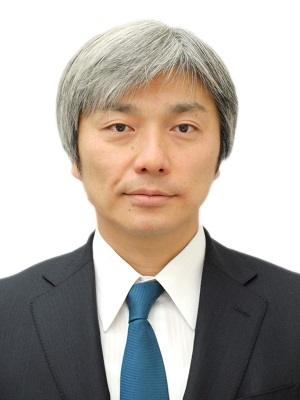【Education】
In this course, students and postdoctoral researchers can master not only methods of molecular biological analysis, but also methods for mesenchymal stem cell (MSC) culture and transplantation into experimental animal models. We aim to guide researchers to be able to develop their research in the field of regenerative medicine on their own.
【Research】
Generally, persistence of inflammatory cell infiltration induces the progression of fibrosis, resulting in organ disorders. Mesenchymal stem cells (MSCs) are known to migrate to sites of inflammation following tissue injury and can induce a change in the phenotype of macrophages from pro-inflammatory M1 to immuno-suppressive M2. As a result, MSCs can suppress the infiltration of inflammatory cells. In addition, MSCs can inhibit TGF-β1-induced phosphorylation of Smad2, resulting in prevention of fibrosis.
The purpose of induced pluripotent stem (iPS) cell-based therapy is to generate organs from iPS cells for transplantation into patients. This ‘regenerative medicine’ can be adapted for phase of organ failure. In contrast, the target of MSC-based therapy is an earlier phase of decreased organ function. As such, MSCs are thought to play an important role in ‘preemptive regenerative medicine’ to suppress the progression of organ disorders.
In this department, we will clarify mechanisms underlying the anti-inflammatory and anti-fibrotic effects of MSCs, and establish MSCs demonstrating enhanced anti-inflammatory and anti-fibrotic abilities. Furthermore, we will perform experiments that are indispensable for future clinical trials of MSC therapies.

 Home
Home




